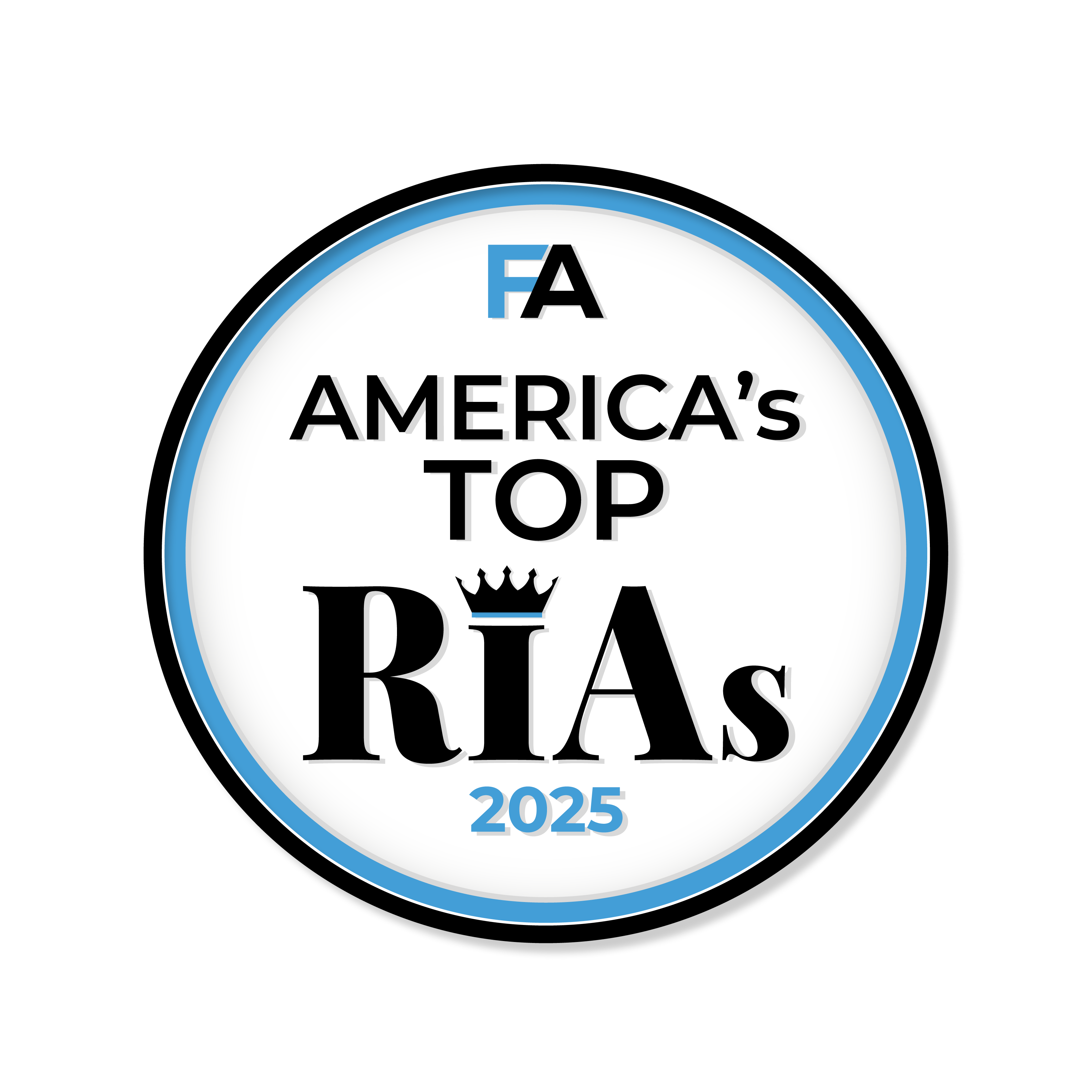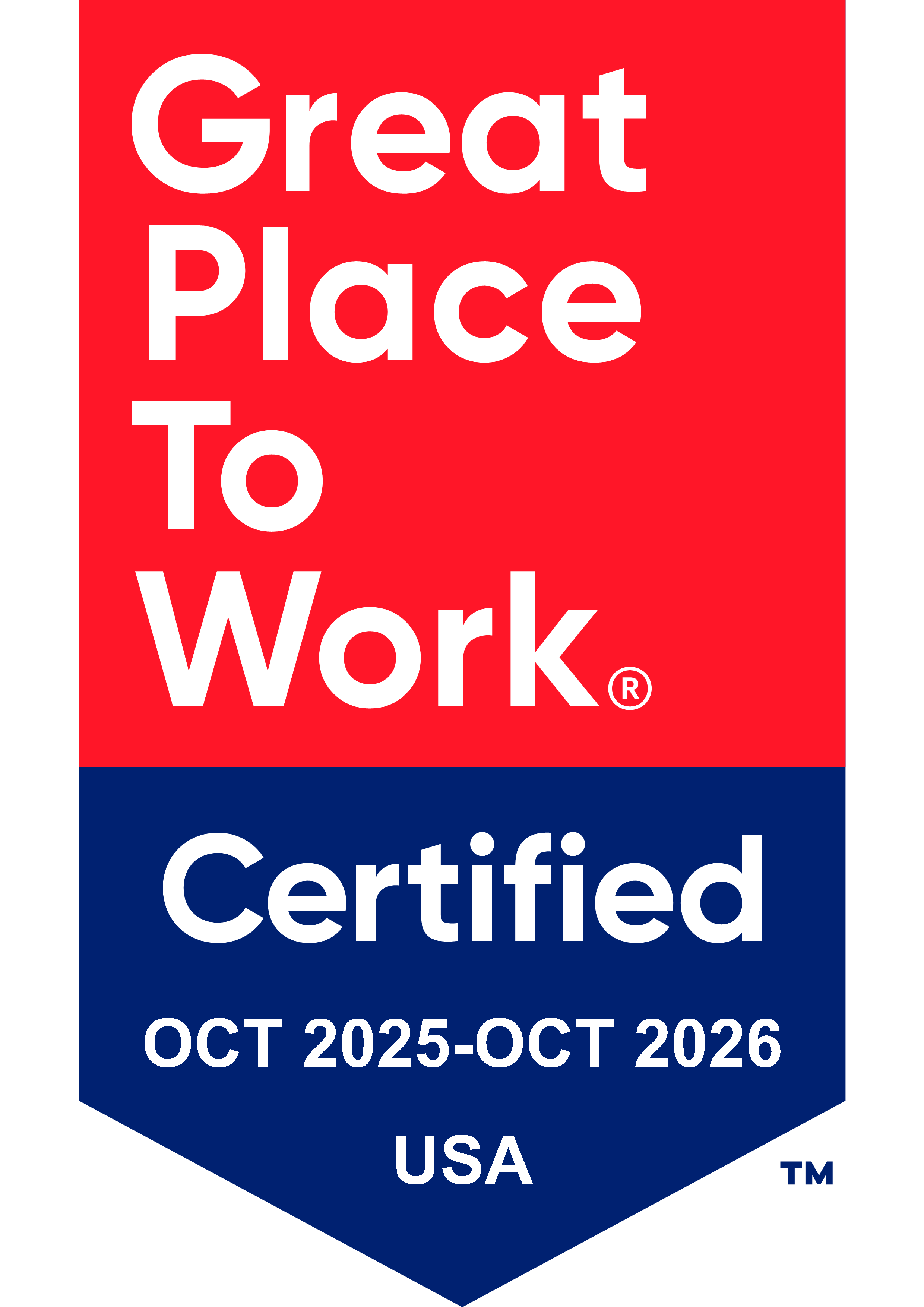

Even though I really have no valid voice in questioning the policies of the CDC, I will provide my perspective as a finance professor. Looking at behavioral finance may actually provide evidence in favor of the quarantine. For many years, I have conducted the following behavioral finance thought experiment with my students from recent Nobel Prize winner in economics, Richard Thaler (Thaler & Ganser, 2015).
Please respond to the following two scenarios:
A. Suppose by attending a lecture you have exposed yourself to a rare fatal disease. If you contract the disease you will die a quick and painless death sometime next week. The chance you will get the disease is 1 in 1,000. We have a single dose of an antidote for this disease that will sell to the highest bidder. If you take this antidote the risk of dying from the disease goes to zero. What is the most you would be willing to pay for this antidote? (If you are short on cash we will lend you the money to pay for the antidote at a zero rate of interest with thirty years to pay it back.)
B. Researchers at the university hospital are doing some research on the same rare disease. They need volunteers who would be willing to simply walk into a room for five minutes and expose themselves to the same 1 in 1,000 risk of getting the disease and dying a quick and painless death in the next week. No antidote will be available. What is the least amount of money you would demand to participate in this research study?
Consistent with what Richard Thaler found in his experiments, my students tended to have dramatically different responses between scenarios A and B. In fact, many of my students would refuse to participate in scenario B (even though it was a thought experiment). Having dramatically different responses to scenario A and B is known as the endowment effect.
The endowment effect has applications in finance by showing that sellers often think that what they own is worth more than its true fair market price simply because it is owned by them (i.e., it has become a part of their endowment). A classic example of this is when investors hold onto stock losers too long (Kalunda & Mbaluka, 2012).
This same effect may explain why a preemptive quarantine is the best strategy for policymakers to enact. If everyone was asked to essentially become exposed to the Covid-19 virus all-at-once, for the sake of Herd immunity, that would be very similar to asking them to participate in scenario B. Put another way, herd immunity is similar to scenario B since it asks people to voluntarily expose themselves to a rare disease in order to be compensated in the form of higher future expected economic wealth for our country. The final result of this would be, just like with scenario B, a refusal by a majority of people, and these people would likely self-quarantine.
A delayed self-quarantine is a much more disastrous scenario than an early, government sanctioned quarantine for the following reasons:
Our current policy does not ask people to be a part of scenario B. This is good. It means that some level of faith is able to be maintained in both our health-care system and in the government’s authority; even while our economies experience heavy losses.
While I may agree, or disagree, with the policies of the kingdoms of this world, as a Christian, I am called to seek His Kingdom first (Matthew 6:33). Through this Covid-19 crisis, God’s Kingdom has not experienced any drop in heavenly GDP. In fact, His Kingdom is likely advancing at a more rapid rate than before, as our idols of self-autonomy and independence are toppled.
Which kingdom do I want to prosper more? If I am desperate for my kingdom to prosper, and mildly interested in God’s Kingdom to prosper, then I am not walking as Jesus calls me to walk.
During this time, as good, or bad, human policies come and go, the words of Jesus should be at the forefront of my mind:
“In the world you will have tribulation. But take heart; I have overcome the world.” (John 16:33, ESV)”
REFERENCES
Kalunda, E., & Mbaluka, P. (2012). Test of endowment and disposition effects under prospect theory on decision-making process of individual investors at the Nairobi securities Exchange, Kenya.
Thaler, R. H., & Ganser, L. J. (2015). Misbehaving: The making of behavioral economics. WW Norton New York.

Shane Enete has worked as an assistant professor of finance at Biola University since 2015. Prior to that, Enete was an investment research professional for 10 years for large institutional asset managers. His duties included valuing public stock securities, modeling asset allocations, and serving as a forensic accountant. Enete currently holds the Chartered Financial Analyst (CFA) designation and was awarded the Chartered Alternative Investment Analyst (CAIA) designation in 2014 (lapsed). Enete holds a B.S. in Finance from the University of Southern California and a M.S. in Mathematical Finance from the University of North Carolina, Charlotte. Enete also received a Ph.D. from the financial planning program at Kansas State University. His research interests include Biblically Responsible Investing (BRI), charitable giving, modeling financial well being, and behavioral finance.
Shane is married to Tammy, and is father to Sage and Silas. He enjoys any activity near the beach, or in the water, including surfing, swimming, beach volleyball, and triathlons. He hopes that when his kids turn 5, which is the minimum surfing age, they will both fall in love with surfing so that he can have whole family surf sessions.
 (877) 859-6383inspire@inspireadvisors.com
(877) 859-6383inspire@inspireadvisors.com



Information on this website does not involve the rendering of personalized investment advice but is limited to the dissemination of general information on products and services. A professional adviser should be consulted before implementing any of the options presented. The information presented is believed to be factual and up-to-date, but we do not guarantee its accuracy and it should not be regarded as a complete analysis of the subjects discussed.
The firm only transacts business in states where it is properly registered or is excluded or exempted from registration requirements. Registration as an investment advisor does not constitute an endorsement of the firm by securities regulators nor does it indicate that the advisor has attained a particular level of skill or ability.
Different types of investment involve varying degrees of risk, and there can be no assurance that any specific investment will either be suitable or profitable for a client's investment portfolio. No client or prospective client should assume that any information presented and/or made available on this Website serves as the receipt of, or a substitute for, personalized individual advice from the adviser or any other investment professional.
National Admin Office: 3597 E Monarch Sky Ln, Suite 330 Meridian, ID 83646; Phone: (877) 859-6383 Investment advisory services offered through Inspire Advisors, LLC, a Registered Investment Advisor registered with the SEC.
© Copyright - Inspire Advisors, LLC